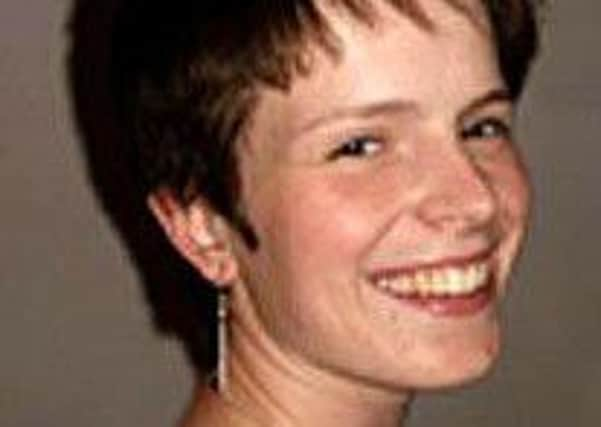'˜Take action against this failing health sevice watchdog'


Today the Patients Association criticised the Parliamentary and Health Service Ombudsman (PHSO), saying a “significant” number of patients or relatives who complained felt they received a poor quality service.
The association said it was “unacceptable that the experience of too many complainants remains of a system which is too complicated, unresponsive and lacking in compassion”.
Advertisement
Hide AdAdvertisement
Hide AdThe family of Hull woman Sally Mays, who took her own life in July 2014 after suffering mental health problems, said their interactions with the PHSO had “significantly compounded the enormous stress” under which they are living.
Sally’s mother Angela said: “Our experience of the PHSO, to-date, has been deeply upsetting and enormously frustrating.
“Their inability to stick to their own timescales or abide by their own charter, which purports to put the complainant at the centre of the investigative process, is hard to believe.
The PHSO is the final stage of the NHS complaints process and looks into cases raised by members of the public who believe there has been injustice because a health organisation has not acted properly or has provided a poor service.
Advertisement
Hide AdAdvertisement
Hide AdSally Mays was found dead at her home in Hull after nurses at a crisis team run by Humber NHS Foundation Trust refused to admit her for inpatient care, despite her pleas.
An inquest into the 22-year-old’s death held in October 2015 found that the refusal to admit her was neglect.
Angela Mays complained to the Humber trust in January 2016 about events three days before her daughter’s death, when Sally was asked by her senior Community Psychiatric Nurse, if she would “act as if in crisis” in a phone call to test a student nurse’s skills.
The issue was later reported to the trust and an initial investigation carried out.
Advertisement
Hide AdAdvertisement
Hide AdHowever after this and a further investigation failed to address the family’s issues, Mrs Mays complained to the PHSO in June last year.
Despite initially being told the case was approved for investigation in July, it wasn’t until October and following months of correspondence that they were told the name of the investigator..
Mrs Mays said: “The fact that they have taken approximately 18 weeks to allocate a case investigator to our complaint, the reason cited being that they do not have a sufficient number of suitably trained and experienced investigators, is extremely disconcerting, particularly in the light of the fact that in total, our complaint has previously been exceptionally poorly investigated on five separate occasions.”
Mrs Mays added that it was inexplicable and insensitive that both investigators on their case had refused to meet with them.
Advertisement
Hide AdAdvertisement
Hide AdTwo years ago, the Patients Association released its first report about the PHSO.
The organisation said that despite campaigning since then for improvements, the number of calls its helpline receives raising concerns remained high, with nearly 300 between May and October last year .
Katherine Murphy, chief executive of the Patients Association, said lessons did not appear to have been learned by previous issues and some complainants felt they were “battling the PHSO”.
“The association believes that complainants deserve to be treated with greater respect and compassion when engaging with the PHSO,” she added.
Advertisement
Hide AdAdvertisement
Hide Ad“We call on the Government once again to address the long-standing issues with the PHSO and provide a complaints handling service which is fit for purpose.”
A Parliamentary and Health Service Ombudsman spokesperson said: “We receive more than 100,000 enquiries and investigate 4,000 cases a year.
“Our processes are fair and robust and we constantly seek feedback from complainants to improve our service.
“We recognise there can be times when people find it hard to agree with our findings.”